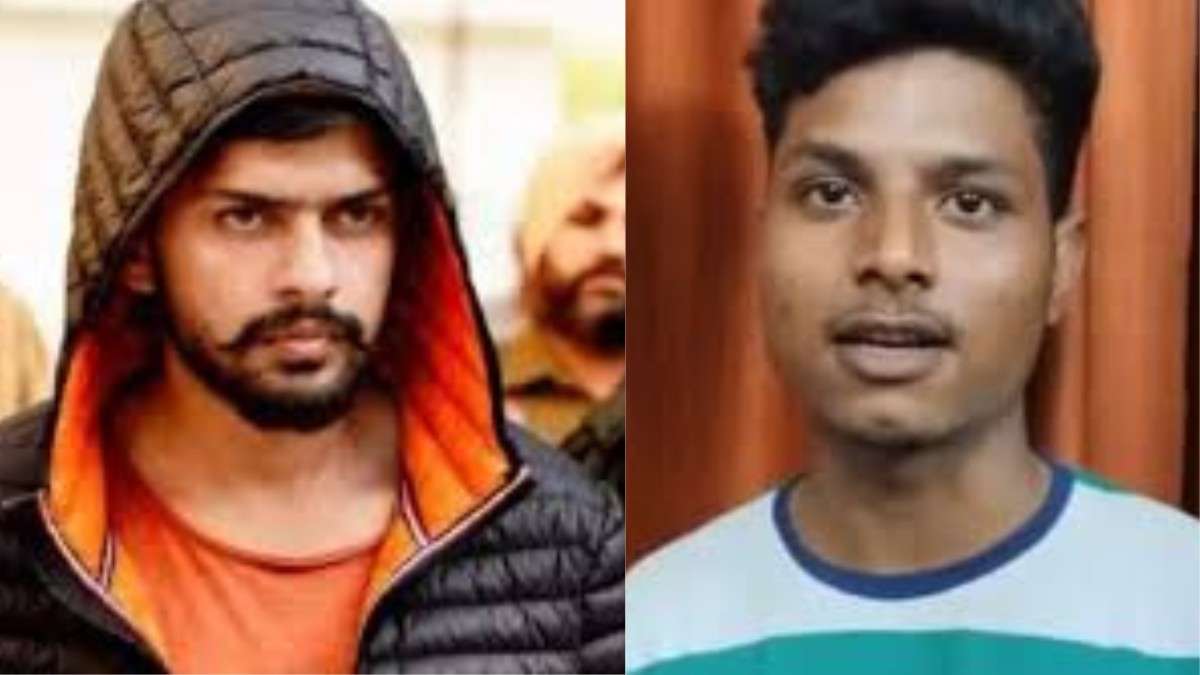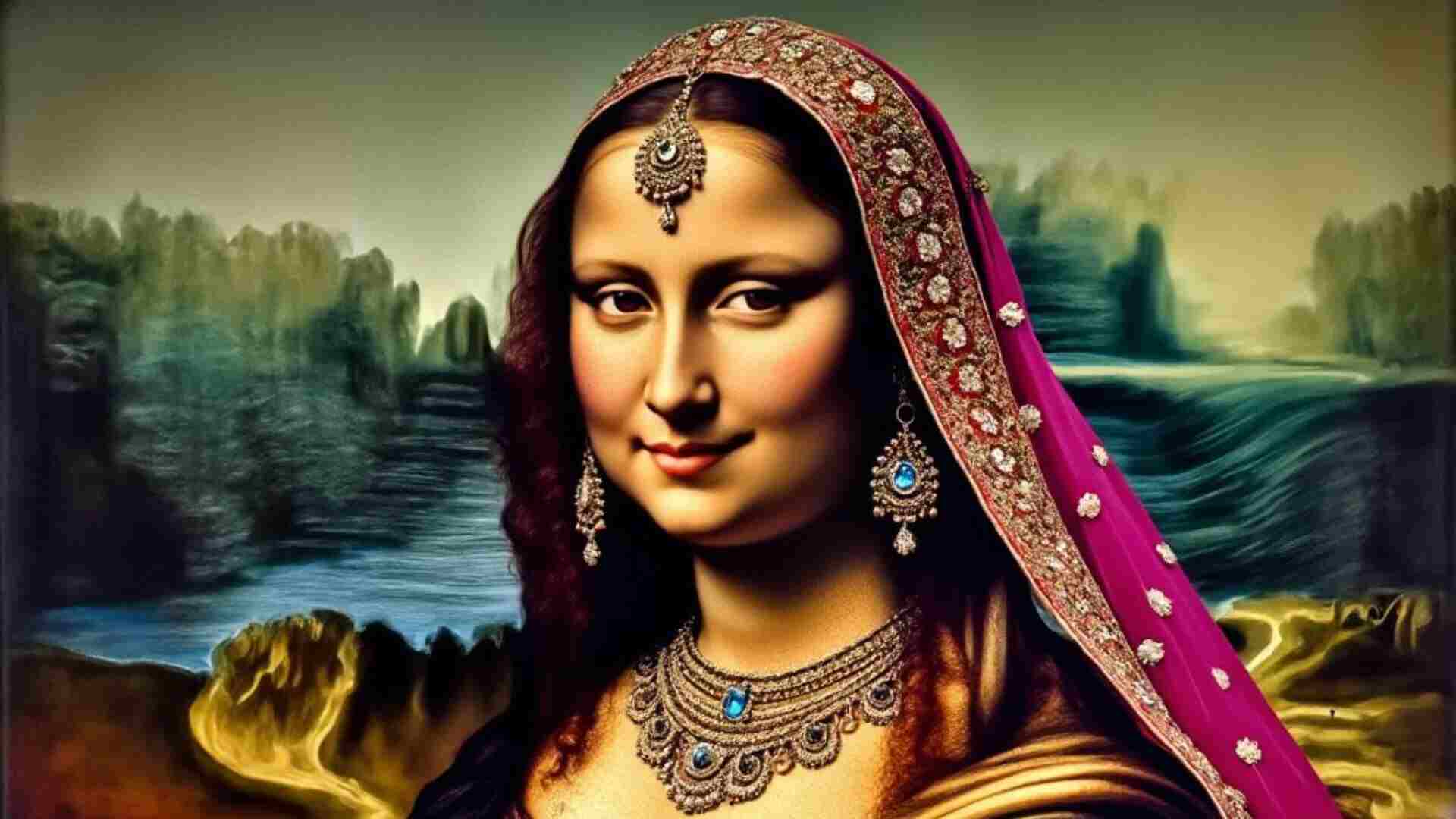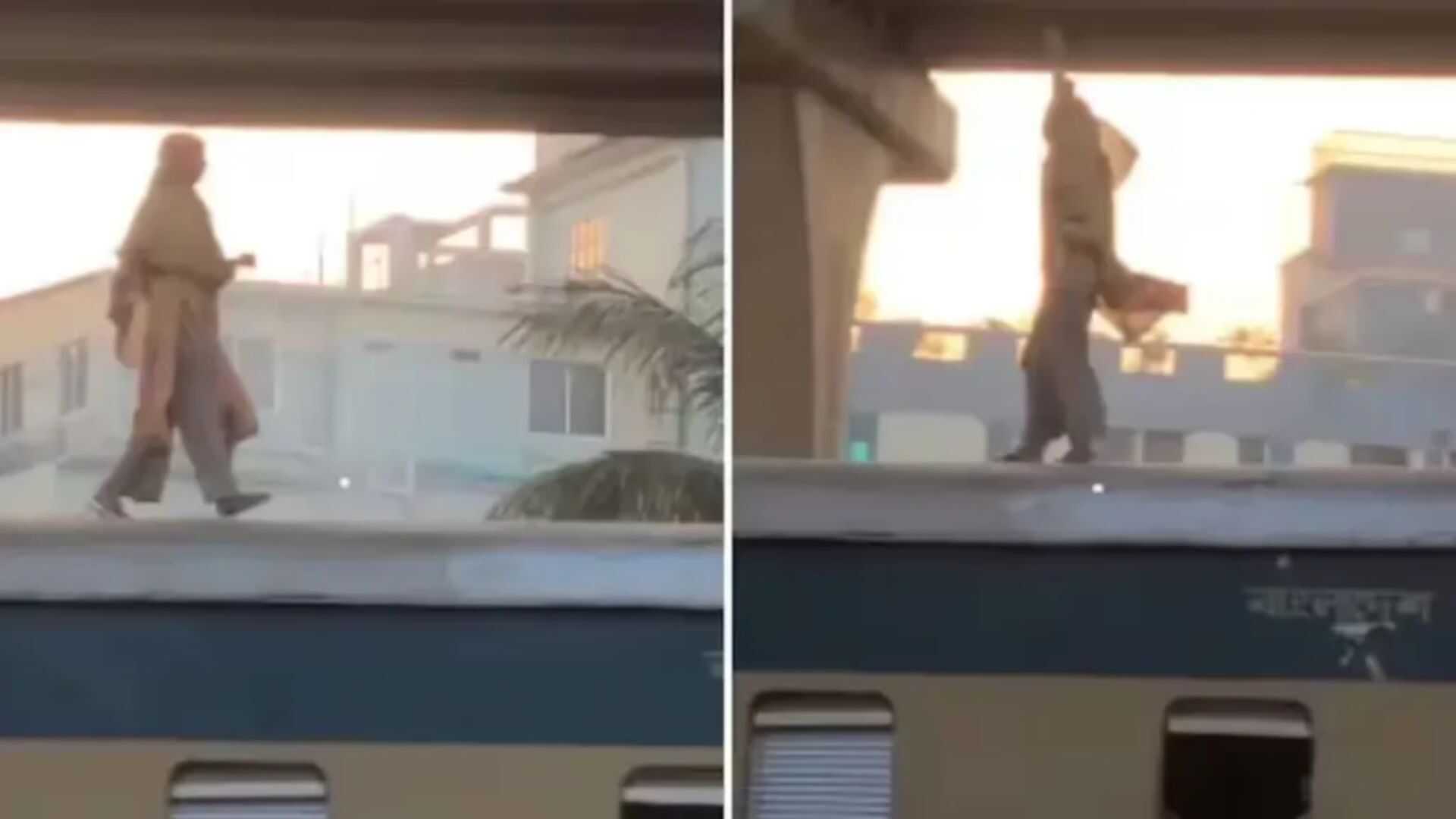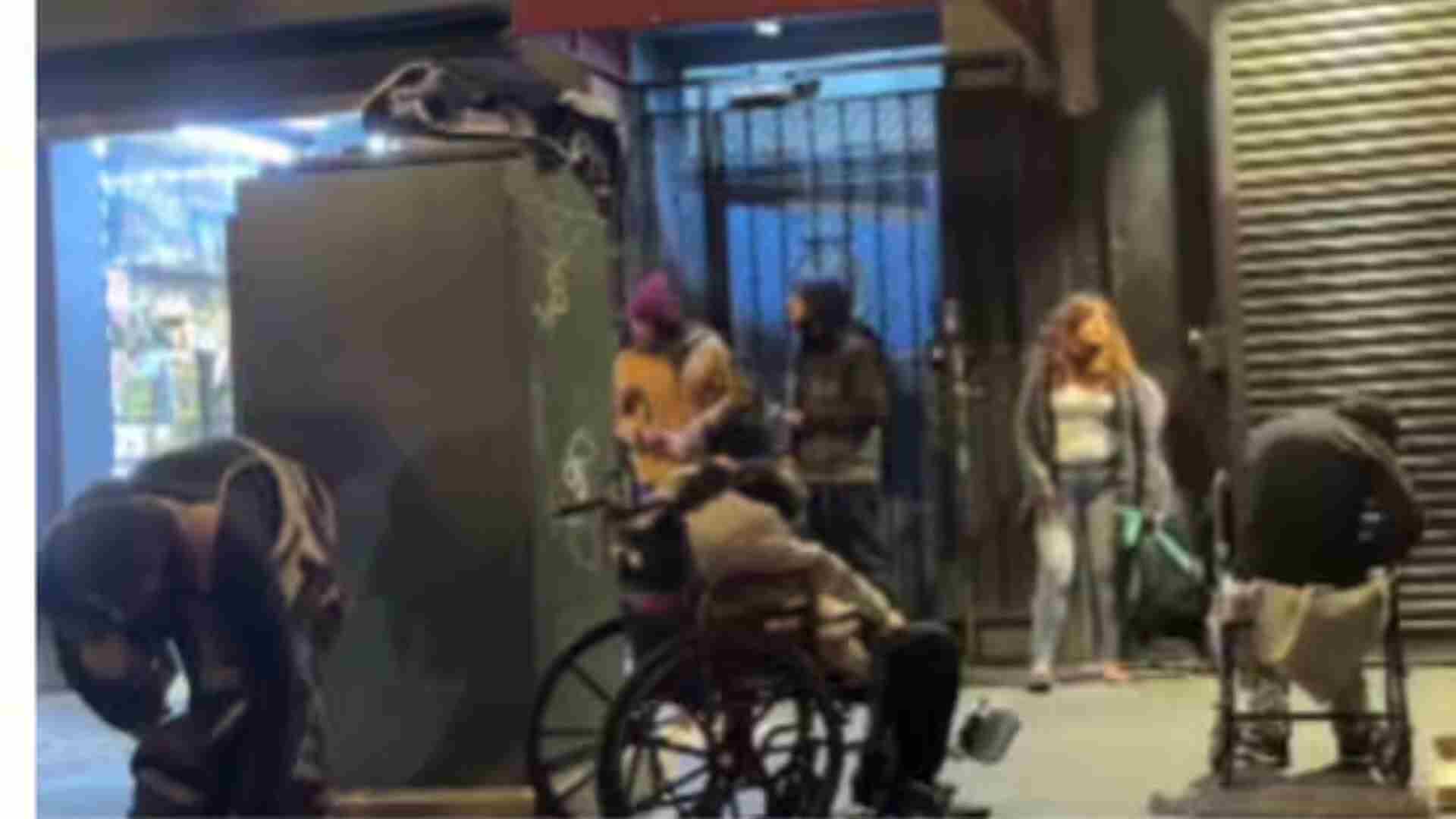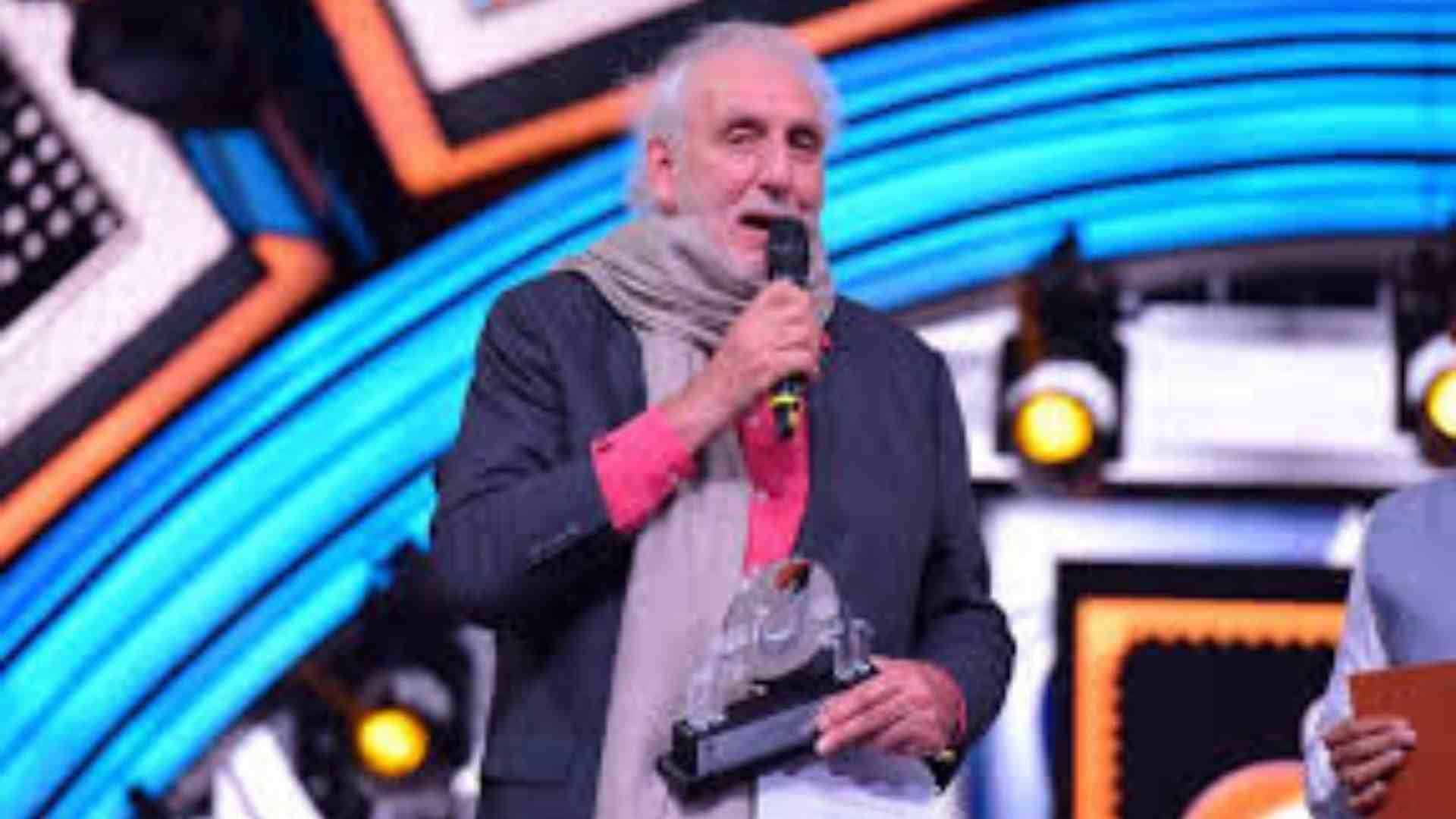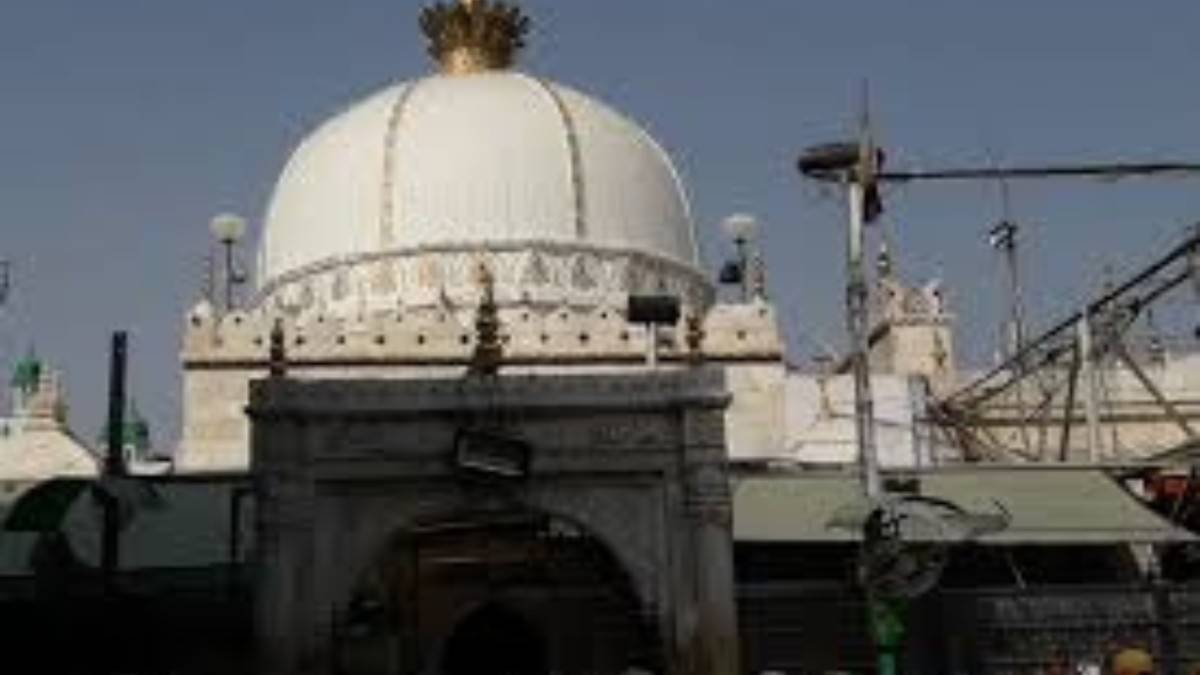
The controversy is due to a Rajasthan court accepting a petition filed by the Hindu Sena that claimed the Ajmer Sharif Dargah was originally a Lord Shiva temple. Responding to this, Khan said, “Anyone can approach the court. Evidence will be presented, and the verdict will follow. There is a long way to go in this matter.
Highlighting the consequences of communal controversies, Khan cited the recent stone-pelting incident in Sambhal, Uttar Pradesh, which resulted in the deaths of five individuals, including two sole breadwinners of families. He condemned the lack of accountability and described the incident as a significant setback for the affected families.
The Ajmer Sharif Dargah controversy is part of a broader trend of claims over religious sites across the country. AIMIM MP Asaduddin Owaisi criticized the judiciary for allegedly ignoring the Places of Worship Act. He accused the BJP and RSS of undermining the nation’s unity and rule of law, stating, “The Modi government and RSS are weakening the brotherhood and governance of this country.”
Syed Naseruddin Chishty, Chairman of the All India Sufi Sajjadanashin Council, also voiced concerns about the divisive impact of such incidents. “Every other day, groups claim mosques and dargahs. This is not in the interest of our society. As India emerges as a global power, why are we stuck in these temple-mosque disputes?”
On Wednesday, an Ajmer court issued notices to the Dargah Committee, the Archaeological Survey of India (ASI), and the Ministry of Minority Affairs in response to the petition. Advocate Yogesh Siroja, representing the petitioners, confirmed the notices while highlighting his personal connection to the dargah as a descendant of Khwaja Moinuddin Chishti.
The matter has reignited discussions on religious harmony, with various leaders urging focus on societal progress rather than divisive controversies.




